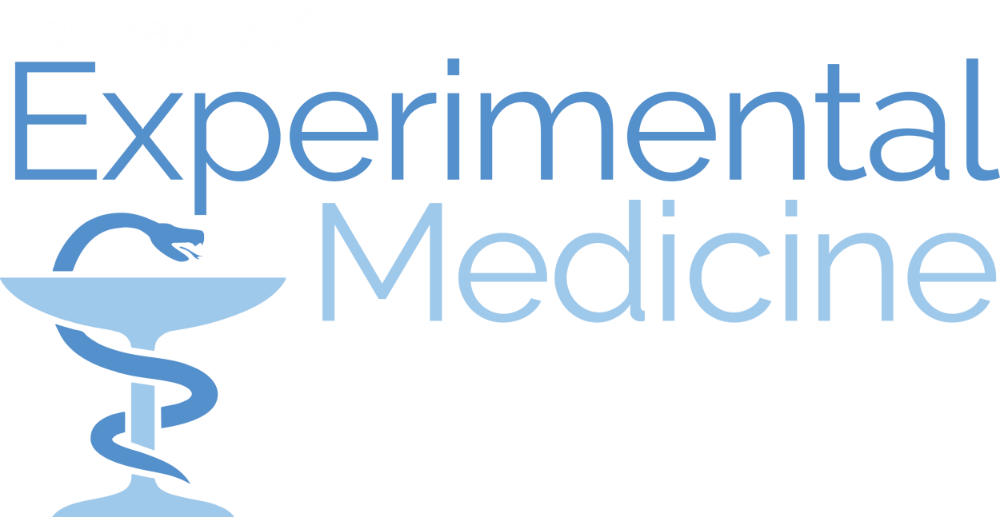DIABETES AND METABOLIC SYNDROME • HEART FAILURE • CANCER • DATA ANALYTICS • ENTREPRENEURSHIP
DATA ANALYTICS
Dr. Stokes is a member of the Hawaii Data Science Institute (HI-DSI) at UH Manoa. HI-DSI was established in 2018 under the Directorship of Dr. Gwen Jacobs and Dr. Jason Leigh. This mission of HI-DSI is to build capacity in Data Science, Analytics and Visualization in support of research and workforce development in Hawaii. HI-DSI affiliate faculty are invited from across the University to engage in interdisciplinary research collaborations, train undergraduate and graduate ‘Data Fellows’ and develop curriculum in support of Data Science.
HI-DSI responds to national imperatives (NSF Big Idea: Harnessing the Data Revolution) and regional mandates (Hawai’i’s Statewide S&T Plan 2020-25, Governor Ige’s 2021 Digital Economy COVID-19 Recovery Plan, UH President Lassner’s 2021 Post-Pandemic University Plan, Office of Hawaiian Affairs ‘Data Justice’ report 2020 and the Association of Hawaiian Civic Clubs 2019 Resolution on Data Science for Hawaiian Self-Determination). Collectively these establish an urgent need for education, training and workforce development in Data Science in service of Hawai’i’s economic diversification and prosperity, and to confront pressing regional challenges in climate change, health inequity, poverty.
As a HI-DSI affiliate faculty member Dr. Stokes has the following roles:
1. Data Science training and workforce development.
Dr. Stokes trains undergraduate and graduate ‘Data Fellows’ through mentored research projects. He also develops curriculum (e.g. CMB634 Data Science for Community Impact) and pedagogical approaches to inclusive data science education and training. These include JADE (Justice-oriented Approaches to Data science Education), which is the subject of a recently submitted NSF STEM Education Research proposal. JADE centers on the idea of improving inclusivity in Data Science for marginalized students by focusing course content and research projects on social justice issue of importance to their sociocultural context. Dr Stokes also works to improve access to Data Science for marginalized student groups by mitigating financial barriers to participation. Dr. Stoke is co-PI on an NSF S-STEM award focused on low income, indigenous and first generation Hawaii/Pacific students. This award DUE2030654 "Pacific Excellence in Analytics through Research and Learning; PEARL” provides $10,000 scholarships to 20 low income students pursuing Data Science as a major at HI-DSI’s partner institution Chaminade University. Dr. Stokes is PI of a recently submitted NSF S-STEM Scholarship proposal for the University of Hawaii, which will provide students in multiple STEM majors tuition support while they participate in Data Science training through the HI-DSI ‘Data Fellows’ program. Finally, Dr. Stokes also partners with the Texas Advanced Computing Center/Chaminade NSF INCLUDES summer Data Science immersion program (SPICE, Supporting Pacific Indigenous Computational Excellence) HRD1744526. For this program and the HI-DSI Data Fellows, he developed an approach to online competency based training in Data Science using customized, faculty-curated pathways through DataCamp learning modules. This curated DataCamp model has been tested by over 100 students across Hawaii and Pacific 2 and 4 year colleges, with a 94% completion rate.
2. Data Science research projects.
A. Using synthetic organic life models to visualize large data sets in a domain and expertise agnostic manner. Dr. Stokes’ research is developing elegant biologically-inspired data processing, simulation and visualization methods to support the S&T, healthcare, and finance sectors. The goal is to demystify complex data and democratize access to the power that these data hold using simulated organic life models. After securing an initial US patent on the core technology, Dr. Stokes is researching applications to biomedical and financial data.
B. Application of unbiased GEO analytics to cardiovascular disease (CVD) therapeutic development. Dr. Stokes’ GEO Analytics project provides for a new type of ‘trans-indication’ analytics. It provides for identification of associations between genes, proteins, targets, drugs and mechanisms that are not biased by prior associations. Given the unmet need for new targets in CVD, the project has three goals: (1) Identify and associate new target-gene-mechanism associations for heart failure using advanced analytics and visualization of the GEO database; (2) Re-analyze drugs currently in the cardiovascular pipeline or that have failed developmental stages to identify/explain potential off-target or adverse effects, (3) Provide a broadly applicable online resource for drug discovery that allows unbiased ‘trans-indication’ analytics of GEO to associate gene-target relationships and mechanisms in ways that overcome prior association biases.


